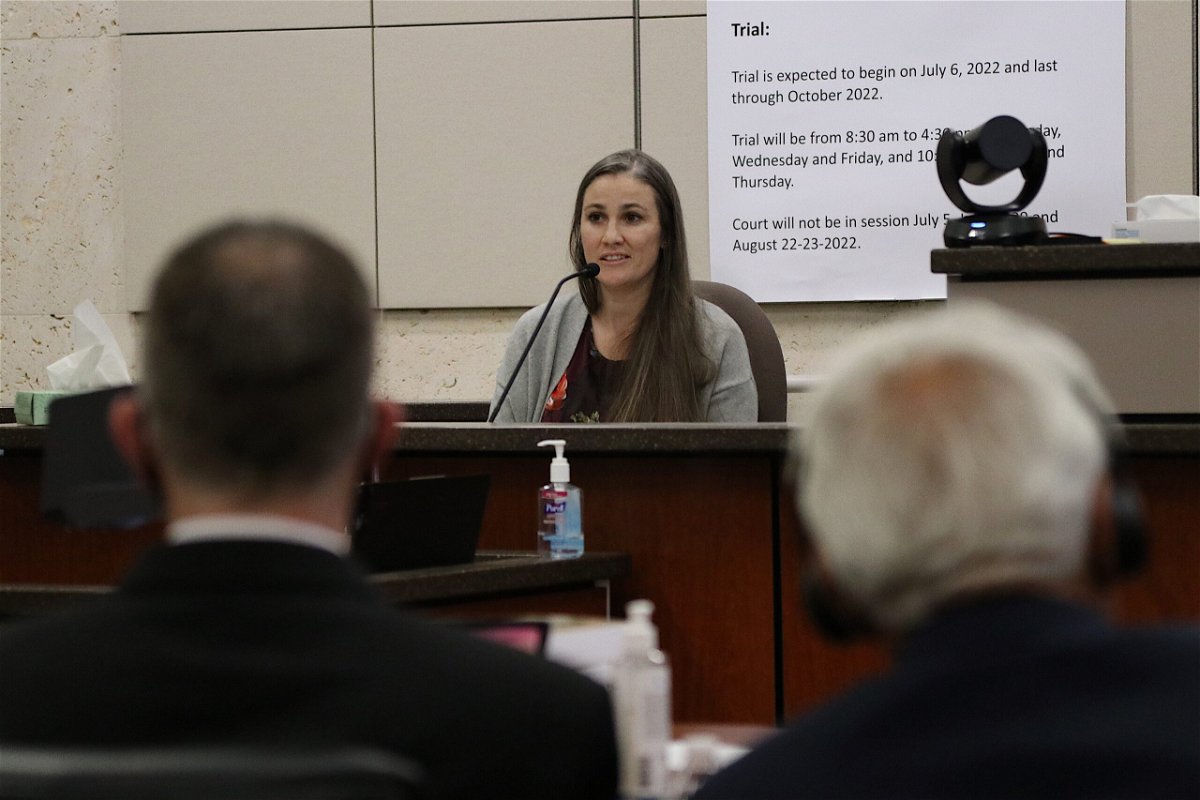Kristin Smart murder trial continues with testimony focused on defendant Ruben Flores’ house
SALINAS, Calif. – The high-profile Kristin Smart murder trial, where defendant Paul Flores is accused of murdering the former Cal Poly student following her disappearance in 1996, continued in a Salinas courtroom on Monday with testimony from the developer who built the home where Smart's remains were believed to be hidden at some point.
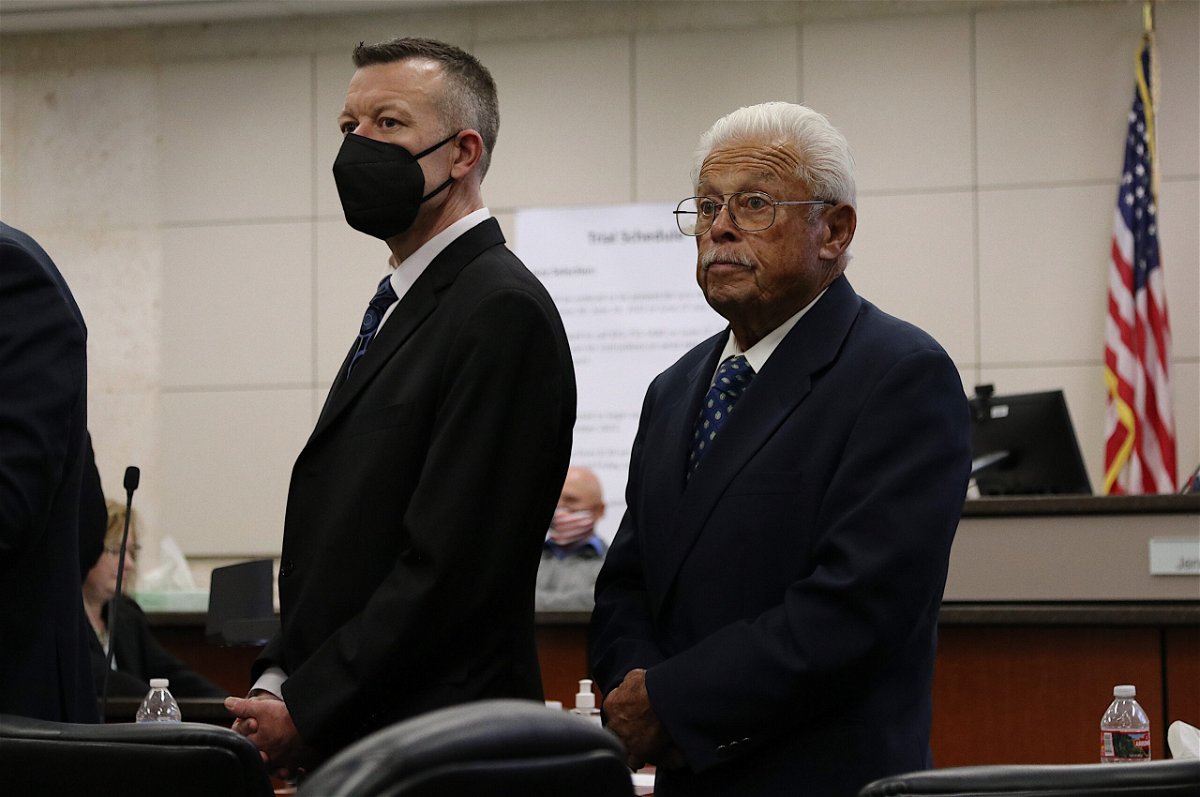
Flores is accused of killing Smart, who was a 19-year-old Cal Poly student at the time of her disappearance in May 1996, because he was reportedly the last one to see her alive after an off-campus party that spring. Paul's father, Ruben Flores, is charged as an accessory to the crime.
Court began on Monday with Edward Chadwell, the general contractor and real estate developer who built Ruben Flores' Arroyo Grande house, located at 710 White Court Way, in 1991. Chadwell owned a two-acre parcel of land that was used as an avocado tree orchard and split the two parcels into one-acre lots, including the site that became the 710 White Court home.
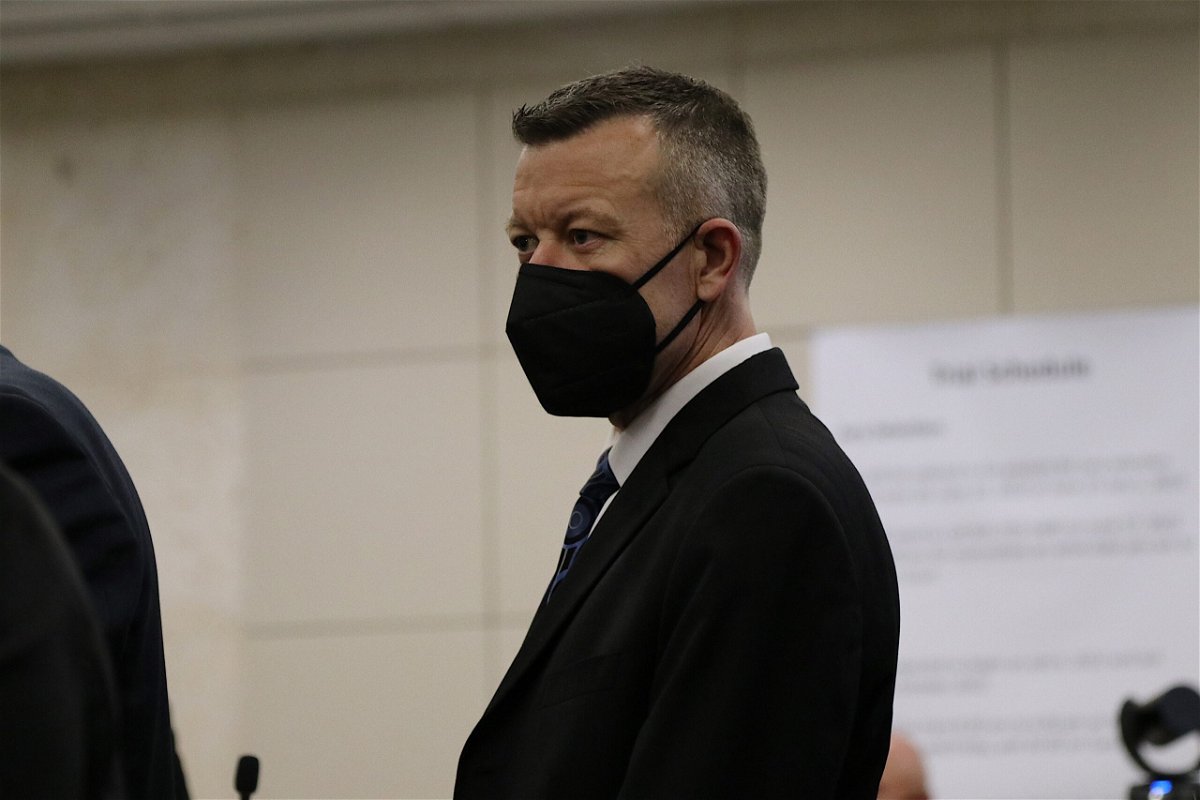
Chadwell answered a series of questions about the construction process of the house over the course of an hour and a half.
When asked by prosecuting attorney Chris Peuvrelle if Chadwell had found any human bodies, primates, monkeys, or ferrets in the ground during construction, he said no. Chadwell also said that there were no significant injuries during the construction process.
Defense attorney Robert Sanger asked several questions about the construction process during cross-examination. He projected several pictures of the building plans in the courtroom, including a grading plan and site plan map.
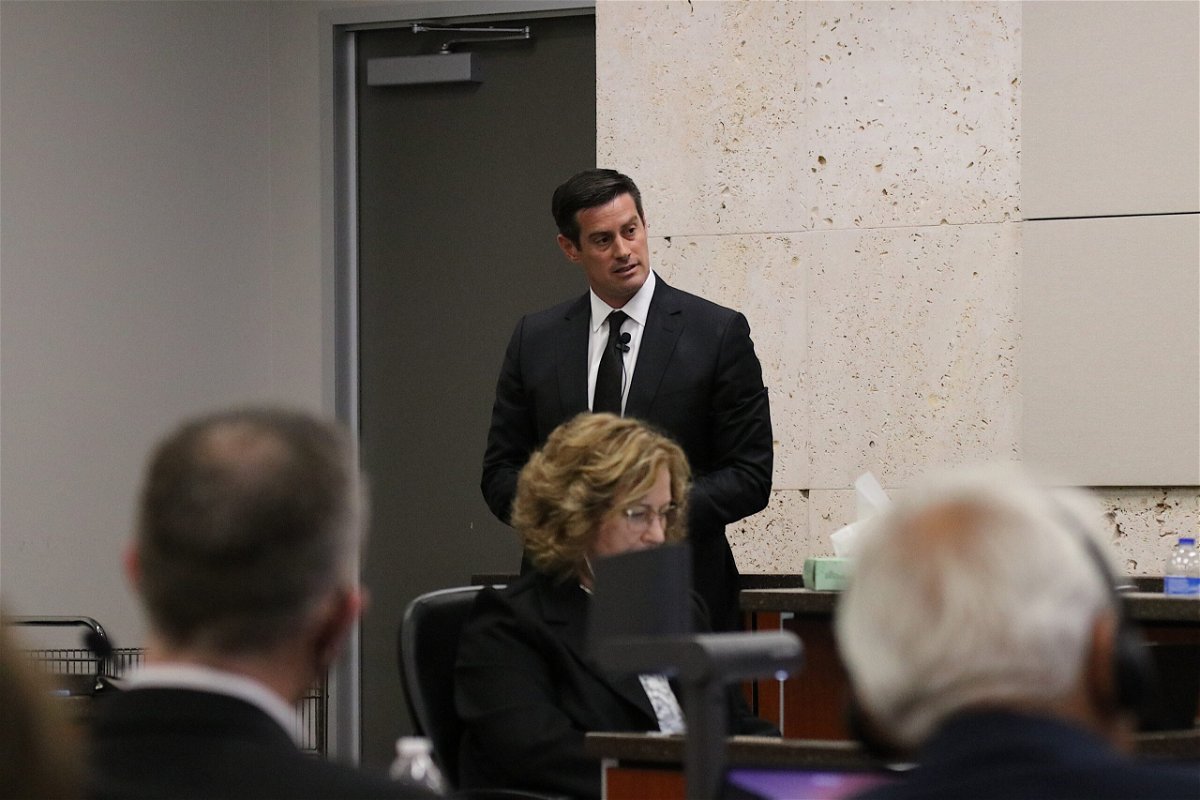
Sanger asked several questions about the construction of the deck where investigators found human blood in the soil beneath and a large 4-by-6-foot anomaly, described by experts as a "major disturbance," and prosecuting attorneys as the exact scenario where a person would dig a hole to hide a body, re-excavate the hole to take the body out, and then re-fill it.
Sanger went through photos depicting the house being built without the deck and then showing the deck under construction.
He then displayed a pair of photos taken within the last two years showing the deck being removed from the house and asked about a drainage valve and vents that could be seen on the exposed side of the house.
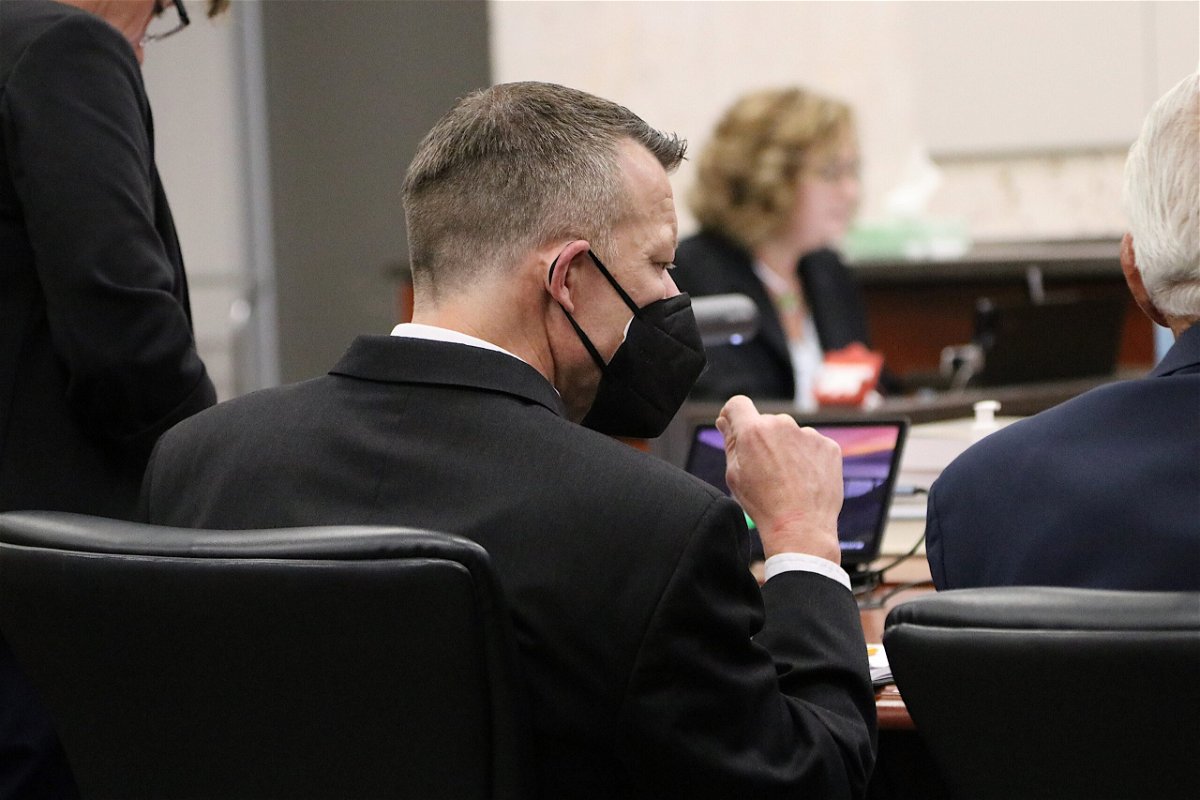
Sanger gave Chadwell a new roll of nylon pink string, which is used to make sure construction is being built straight. He asked if this was similar to the string he used for the construction of the White Court house. Chadwell said that pink was his favorite color to use.
Later in the day, David Stone, who lived with Ruben Flores from 2010-2020, took the stand to testify.
Peuvrelle asked Stone about a conversation he once heard in the house, and Stone recalled the name "Kristin" being said, later hearing Ruben refer to her in a derogatory manner.
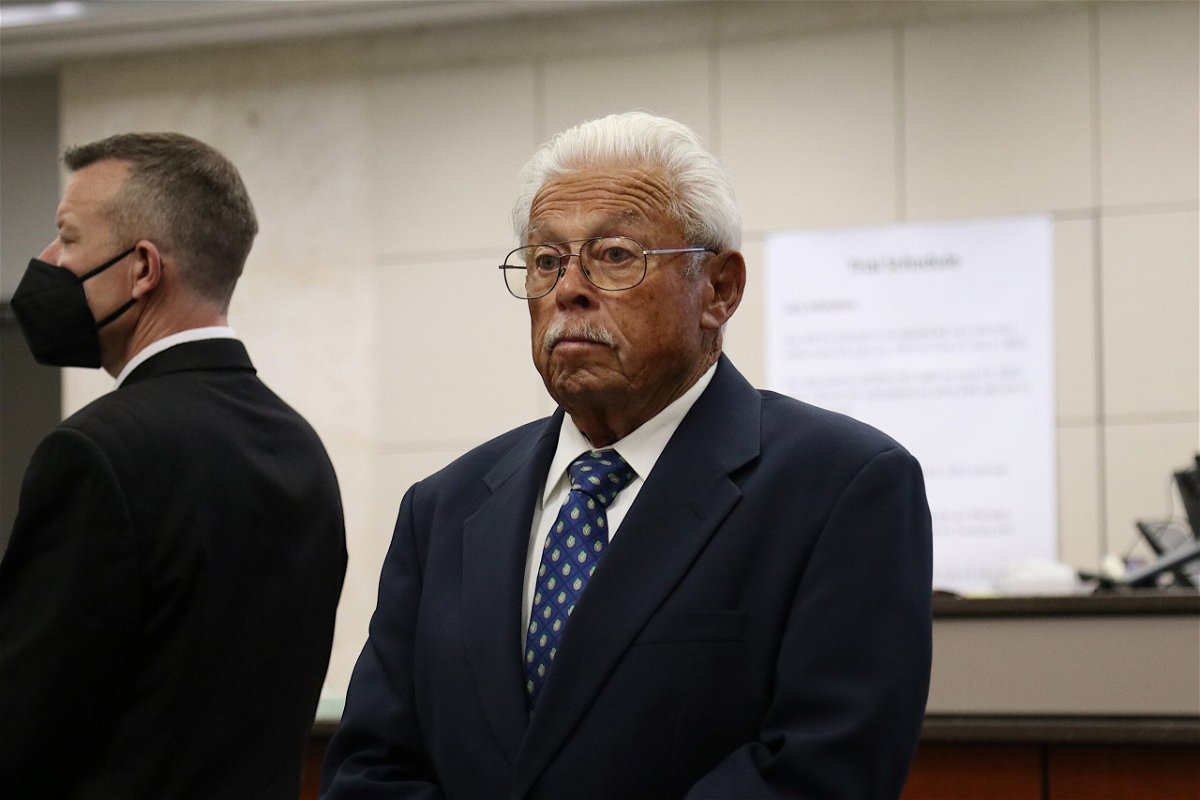
Stone said that he got along with Ruben Flores and left the house on good terms, but remembered him getting angry after he learned that Stone had stored plastic barrels under the desk without permission.
When there was a leak in the kitchen that went under the house, Rubel Flores told a plumber who came to fix the leak to leave instead of allowing him access under the house, Stone testified.
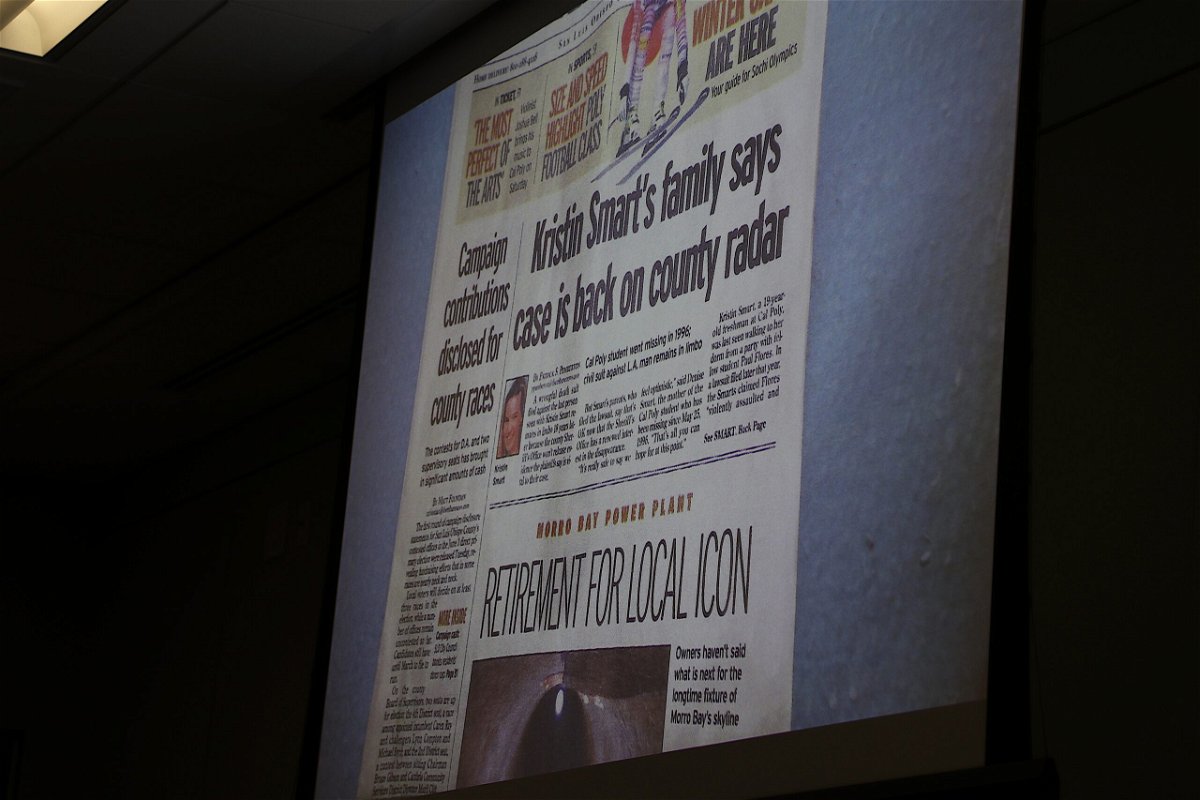
San Luis Obispo County Sheriff's detective Matthew Terrell took the stand and testified that he was part of a search of the property in February 2020. He said that during the search, teams found several documents, fliers, and newspaper articles related to the case.
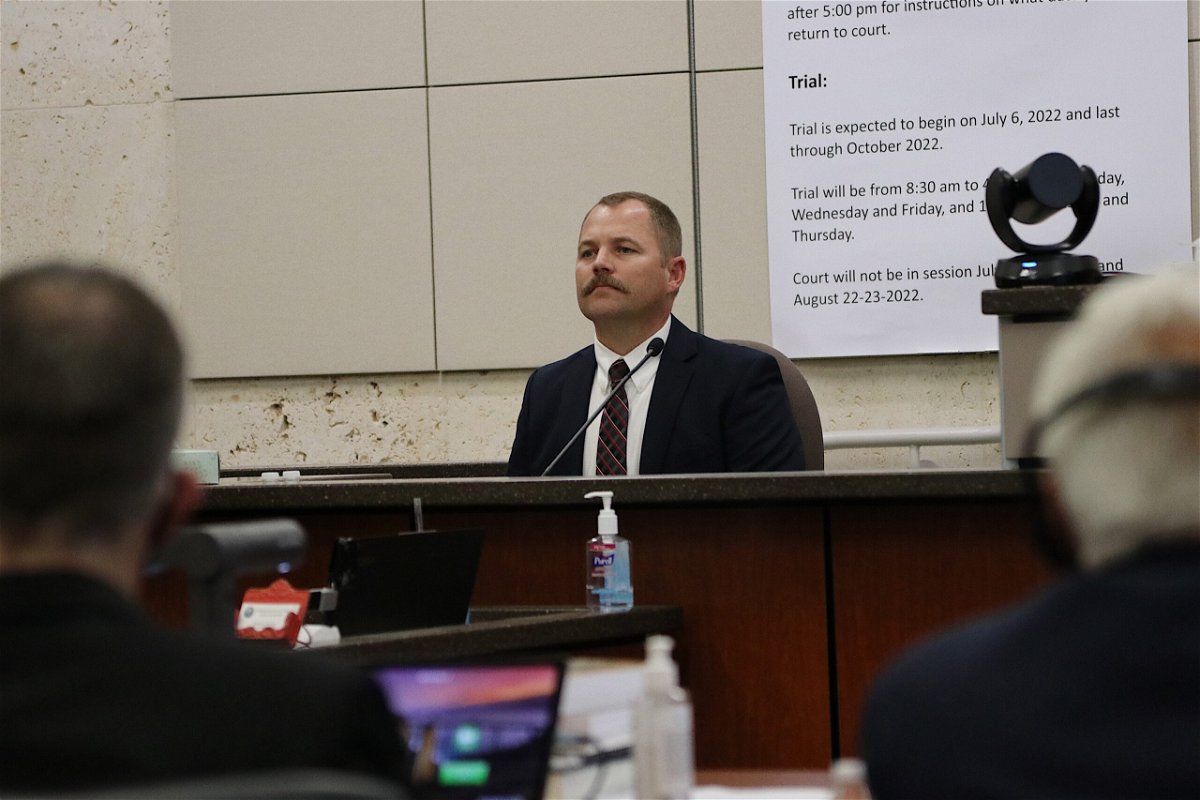
The defense attorneys for both Paul and Ruven Flores indicated that Ruben Flores was the subject of hate mail and harassment over the years, pointing to some of the items found during the search.
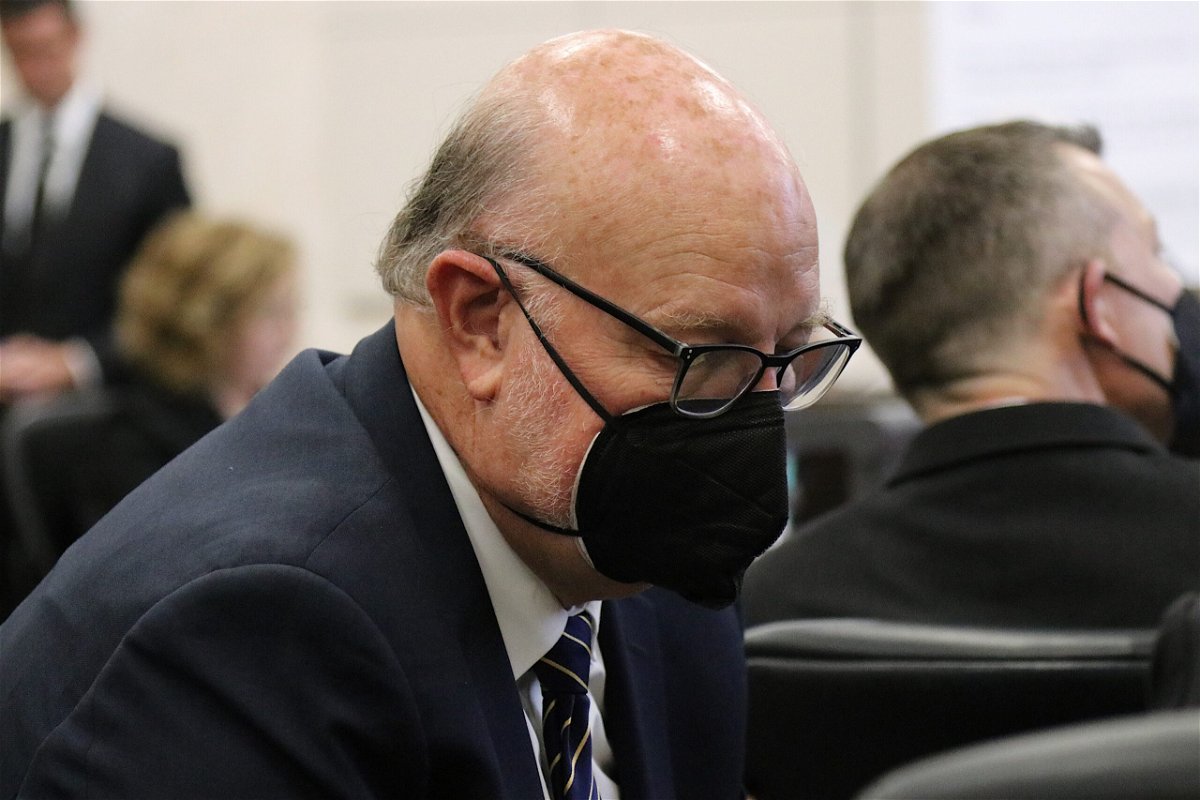
Ruben Flores' neighbor was the last to testify on Monday, and she said that she saw unfamiliar cars parked at the Flores house overnight and heard yelling on Feb. 9, 2020.
